Your cart is currently empty!
Category: Educational Resources
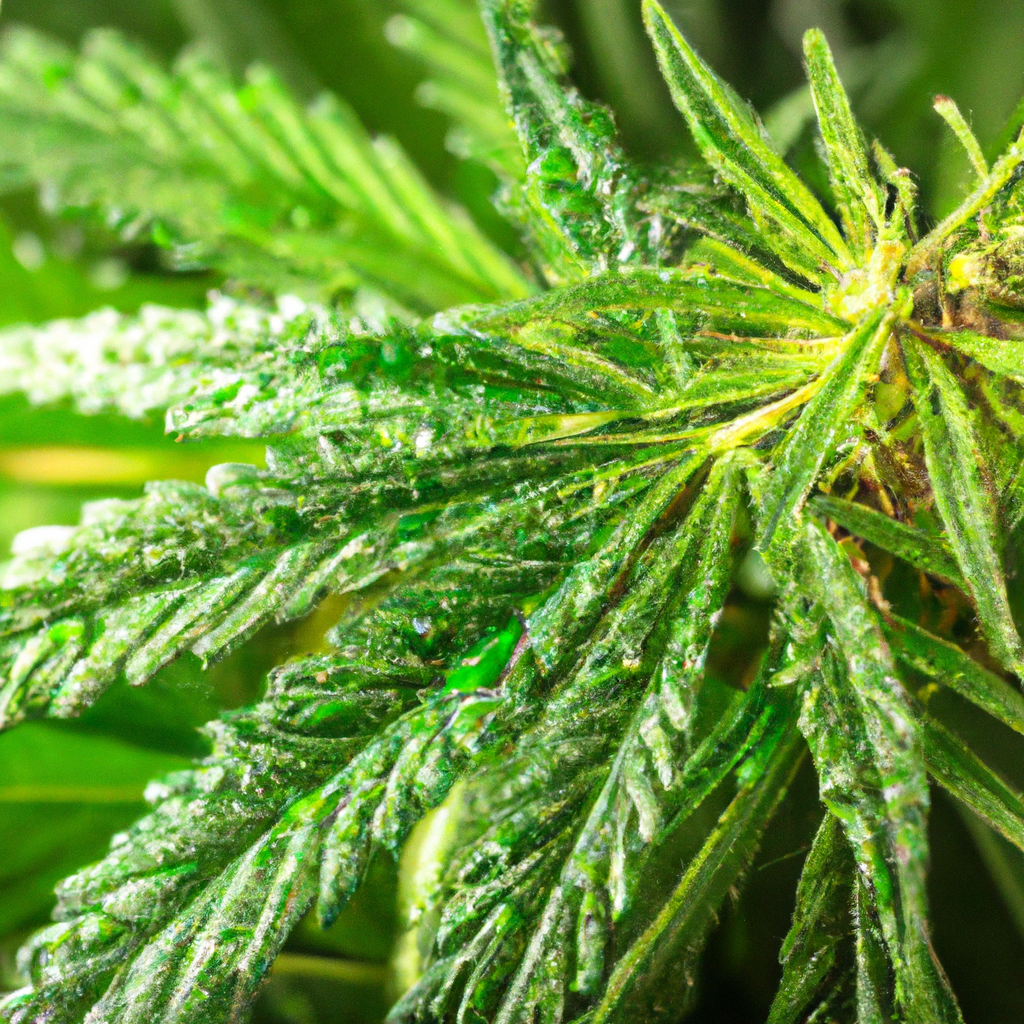
Cannabis beverages are becoming a popular alternative for cannabis consumers, offering unique ways to enjoy the plant’s benefits. As legalization spreads, these drinks—ranging from THC-infused for euphoric effects to CBD-infused for wellness benefits—are diversifying the market. They provide an option for those looking to explore beyond smoking or vaping. The rise of functional beverages enhanced…
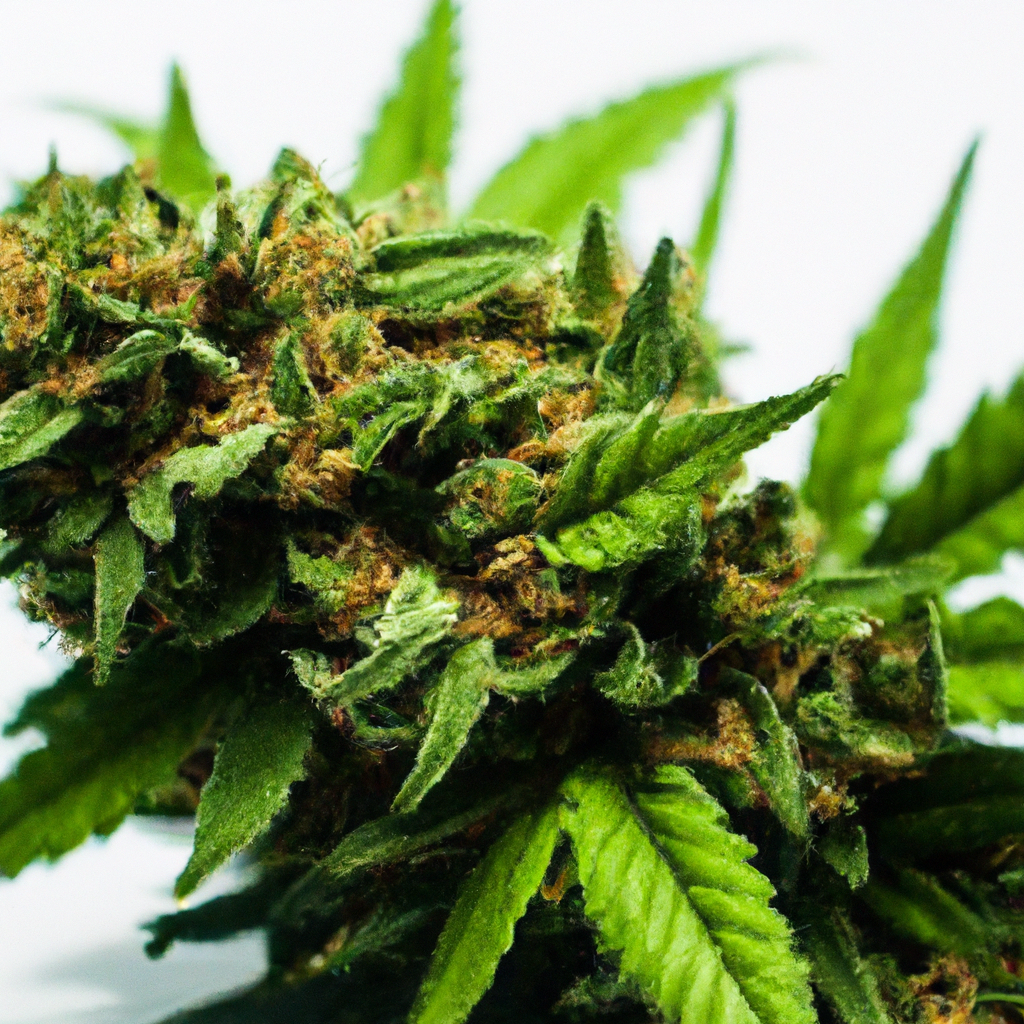
As global views on cannabis evolve, its potential health benefits are gaining attention. This article explores the plant’s scientifically supported advantages, highlighting how compounds like THC and CBD offer therapeutic benefits. Cannabis is recognized for pain relief, improved sleep, anxiety reduction, and neuroprotection. Real-world cases demonstrate its impact on epilepsy and cancer symptom management. While…
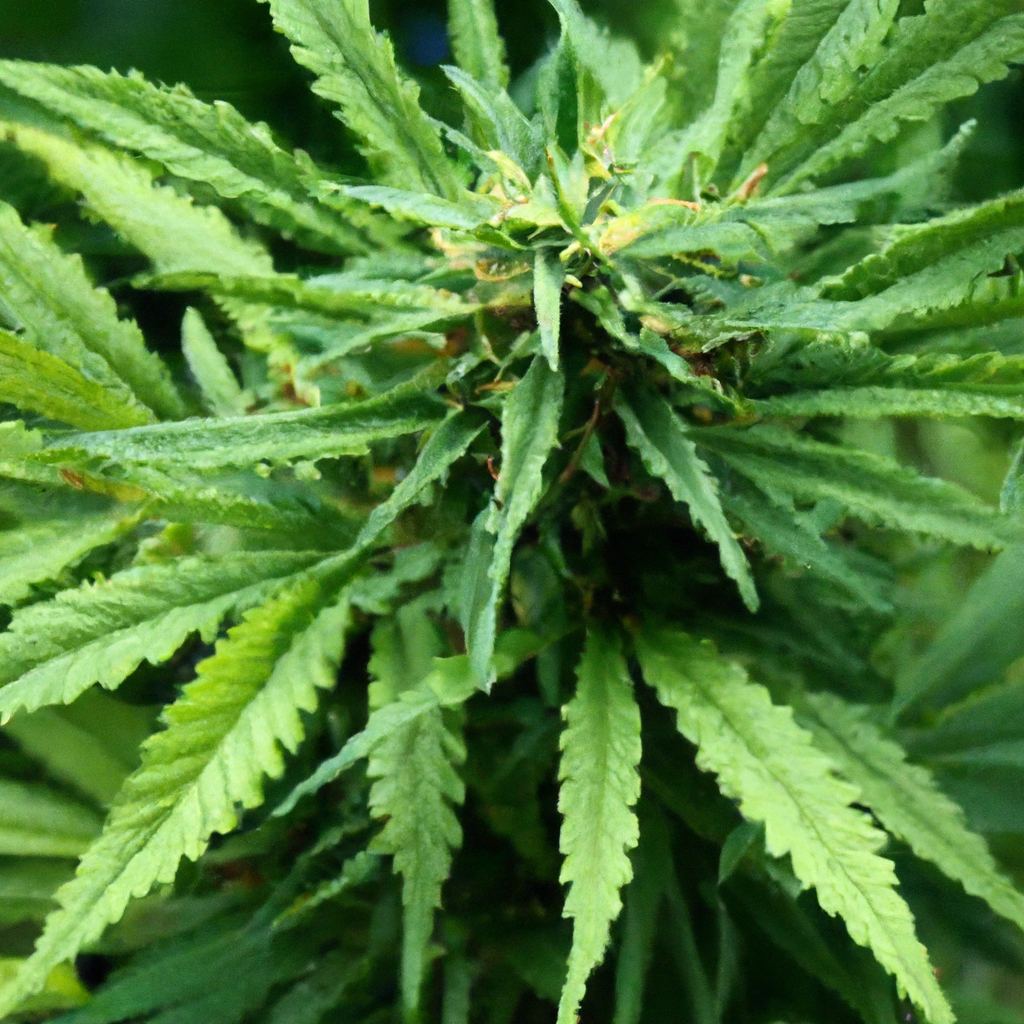
As cannabis becomes mainstream, consumers are turning to organic cultivation for a greener planet and superior user experience. Organic cannabis, grown without synthetic fertilizers or pesticides, offers health benefits, environmental sustainability, and enhanced flavors. By using organic soil, natural pest control, and organic nutrients, growers contribute to healthier ecosystems. With a growing demand, organic practices…
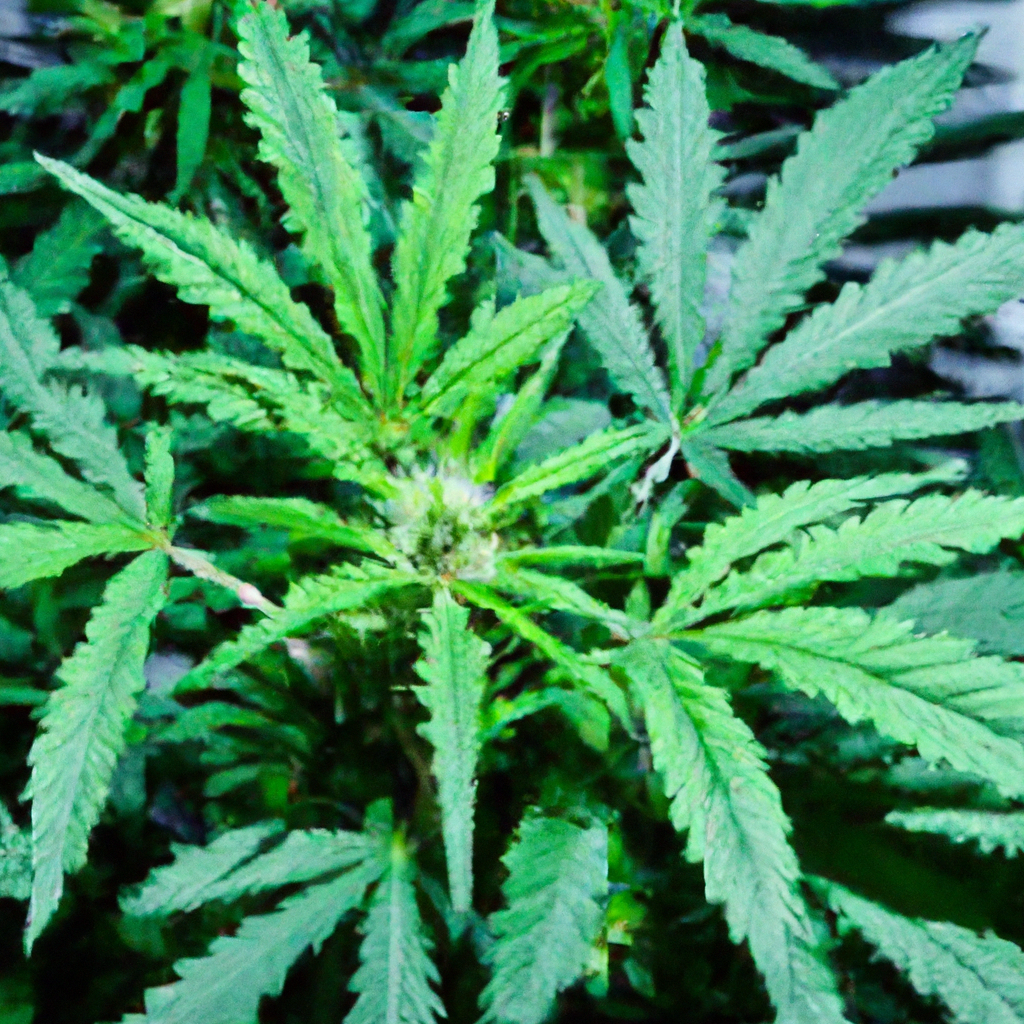
Explore essential techniques for successful indoor cannabis cultivation, focusing on key aspects like light management, climate control, and soil health. Efficient LED lighting and strategic light cycles are crucial, while maintaining optimal temperature and humidity is vital for plant health. Ensure healthy soil through nutrient management and aeration, and employ integrated pest management strategies to…
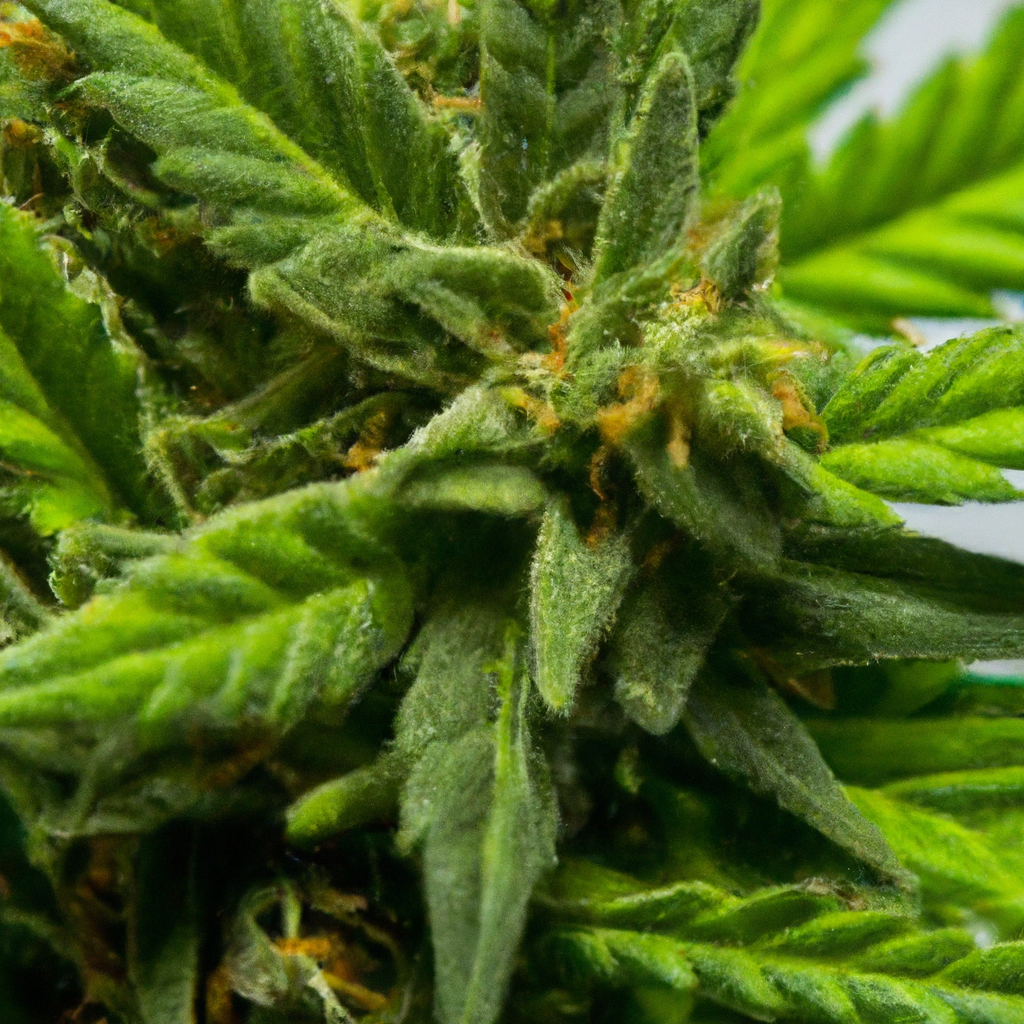
Cannabis terpenes, aromatic compounds found in the plant, are gaining attention for their role in defining fragrance and flavor, as well as potential therapeutic benefits. Terpenes like limonene, myrcene, pinene, linalool, and caryophyllene contribute unique aromas and may influence health by synergizing with cannabinoids. For growers, understanding terpenes is key to optimizing cultivation, while consumers…
Cannabis genetics are central to understanding the plant’s diverse effects, flavors, and growth patterns. These genetic variations arise from landrace strains, hybrids, and environmental influences on phenotypes, contributing to the distinct characteristics of indica, sativa, and hybrid strains. Terpenes and flavonoids further shape the sensory experience, influencing aroma and flavor while enhancing the entourage effect.…
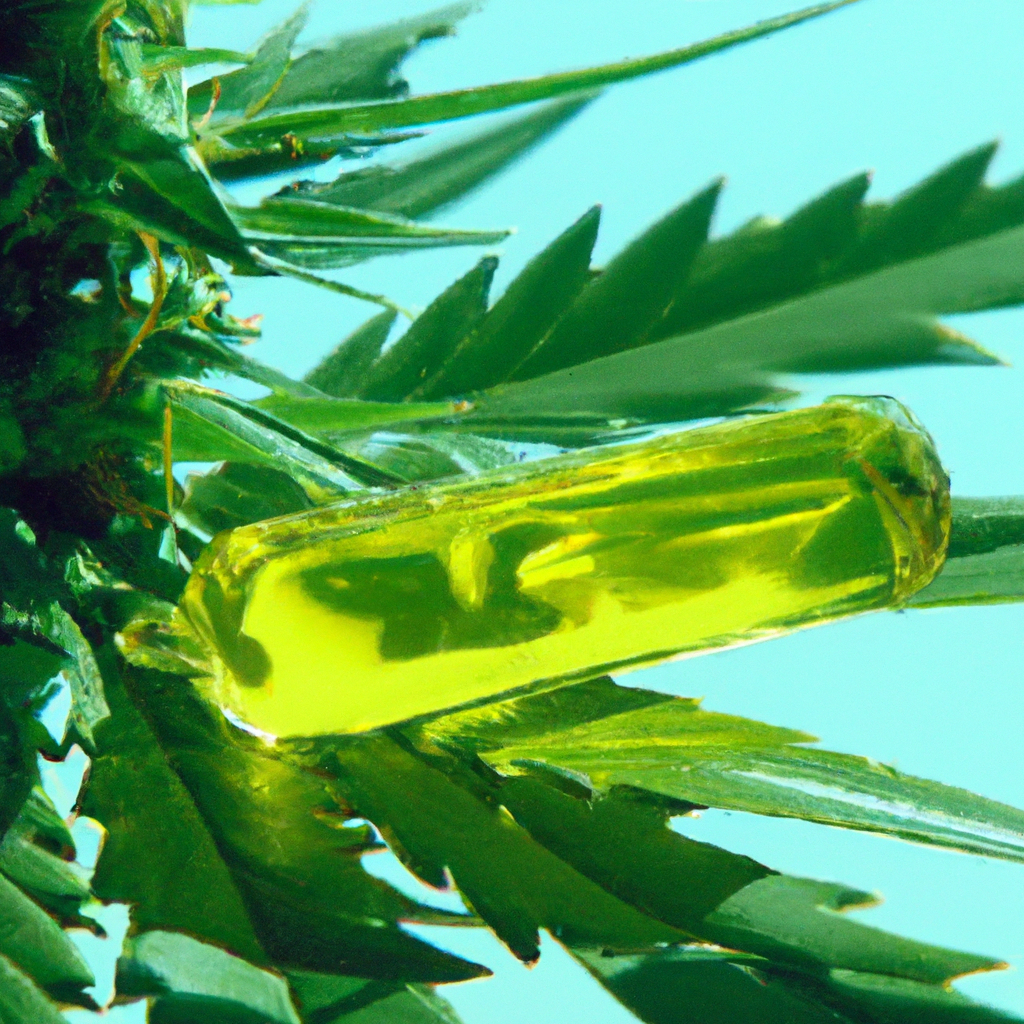
Nano-emulsification is revolutionizing the cannabis industry by enhancing bioavailability and ensuring faster onset times for cannabis products. This process involves breaking down cannabis oil into nano-sized particles, making cannabinoids like THC and CBD more readily absorbed by the body. The benefits include improved bioavailability, quicker onset, consistent dosing, and versatile application in products such as…
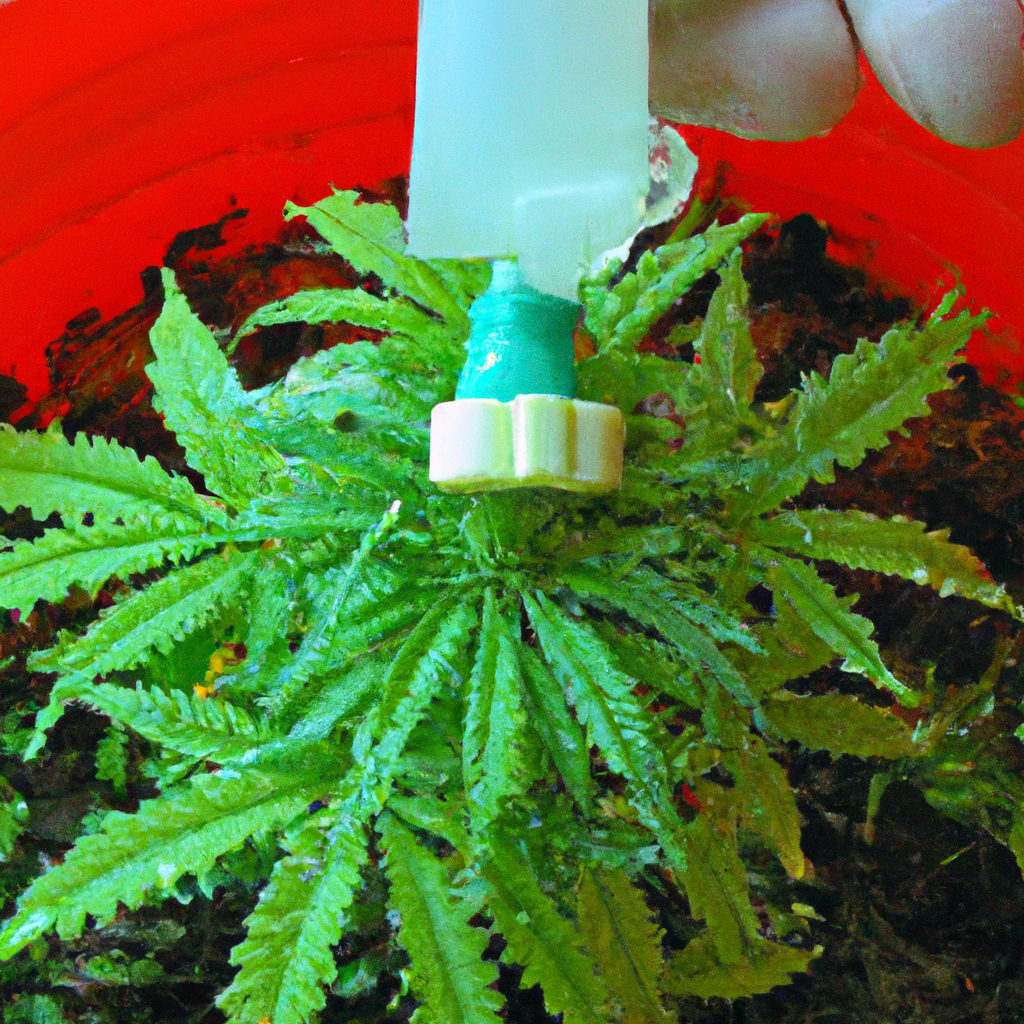
In cannabis cultivation, effective watering is crucial for optimal plant health and yield. This process involves more than just hydration; it’s about understanding how water interacts with soil, roots, and plant physiology. Proper watering dissolves nutrients for root absorption, maintains plant structure, and aids nutrient transport. Key techniques include adjusting for different growing mediums, observing…
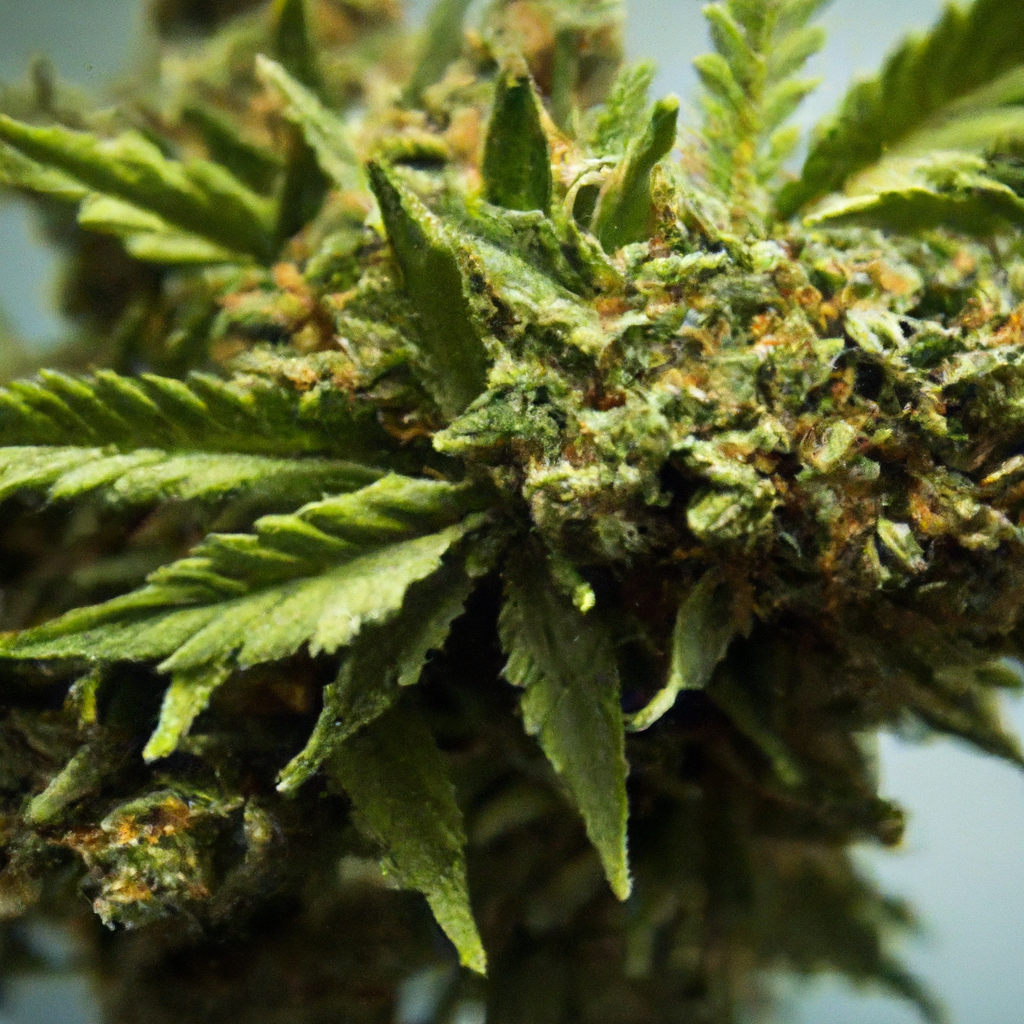
Cannabis legalization is significantly boosting economic growth, creating one of the fastest-growing industries worldwide. It drives job creation across cultivation, retail, and ancillary services, contributing to substantial tax revenue that supports public services. Local economies benefit from new businesses and cannabis tourism, while the industry fosters investment and innovation, promoting sustainable practices and new product…

In the evolving field of cannabis research, the often neglected roots of the cannabis plant are gaining attention for their potential health benefits and applications. Historically used in ancient Chinese and Egyptian medicine for treating inflammation and joint pain, cannabis roots contain compounds like friedelin and pentacyclic triterpene ketones, which contribute to their anti-inflammatory and…
